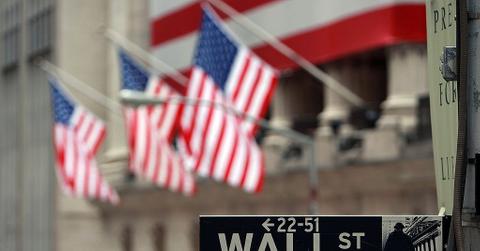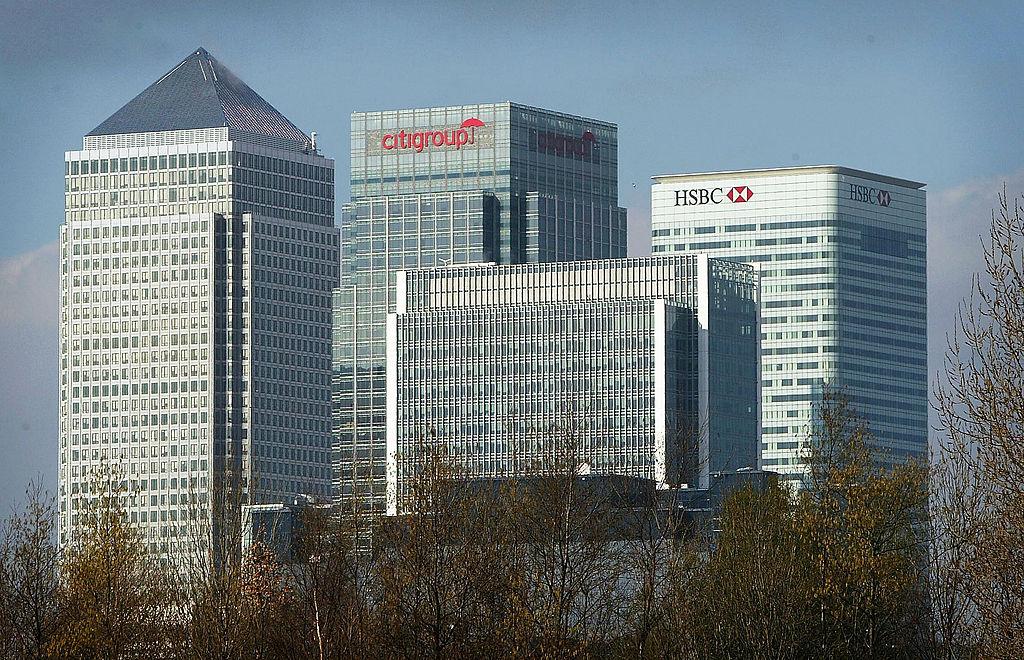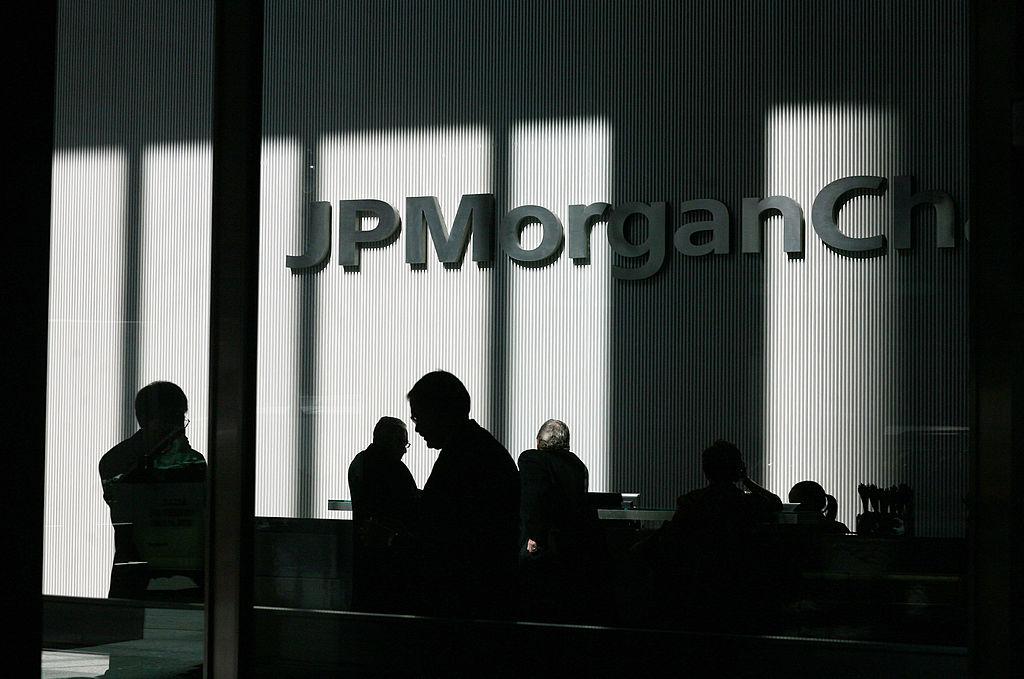Underbanked or Unbanked? Alternative Financial Practices Explained
Are you underbanked or unbanked? If you're unfamiliar with these terms, read on to learn what these alternative banking methods look like.
Feb. 17 2023, Published 10:26 a.m. ET

Wall Street in New York City
Although brick-and-mortar banks are still very popular, banking has evolved into a digital-based system over the years. And while most people are fully banked, meaning they have a checking or savings account with an FDIC-insured financial institution, others choose to be underbanked or unbanked.
So what does it mean to be underbanked vs. unbanked? People who are considered underbanked have a checking or savings account but use alternative financial services, while the unbanked have no bank or savings account at all. But these explanations do not stop here, so read on for more.
What does it mean to be underbanked?
Individuals or families who are considered underbanked have a bank account but may skip using traditional financial products like direct deposits, credit cards, and loans. Instead, they may rely on alternative services like payday loans, money orders, and check-cashing to pay for purchases and manage their finances.
They may not have an emergency, long-term, or retirement savings either. It is also common for them to accumulate overdraft and other fees and not own a car or home.
Some people are underbanked because mainstream financial services aren’t available where they live, they don’t have enough money to cover the minimum deposit or balance, or they’re just unaware of the additional services available to them.
According to the Federal Reserve, 13 percent of US adults are underbanked, while five percent are unbanked. Statistically, both groups tend to come from low-income, less educated, or minority groups.

Citigroup and HSBC Buildings in London, UK
What does it mean to be unbanked?
Unbanked individuals don’t use FDIC-insured banks or banking institutions and primarily pay for goods and services using cash, prepaid debit cards, or money orders.
They also tend to forgo insurance, retirement funds, or other professional financial services.
What are the reasons people unbank?
Many reasons people unbank include the inability to meet banks’ minimum requirement balances or high bank fees. Others may unbank because they lost their jobs or a large part of their income forcing them to close their account.
Other reasons people are unbanked are also due to a general distrust of financial institutions, concerns about privacy, or bad credit history.

JP Morgan Chase Corporate Headquarters
People who live paycheck-to-paycheck or in bank deserts may also be unbanked because check-cashing gets them their money faster or there’s a lack of convenient or affordable banking options in their neighborhood.
What are the pros and cons of unbanking and underbanking?
While banks may have advantages and disadvantages there are many more drawbacks to being unbanked and underbanked.
Some pros of unbanking and underbanking include the increased risk of debt, dealing with the effects of your bank going bankrupt, and fraud and cybercrime associated with internet and mobile banking.
The drawbacks of unbanking and underbanking include not being able to meet lender or creditor requirements, a lack of financial protection, difficulties with bill payments and check cashing, no record of spending, high prepaid debit card fees, and budgeting issues.
